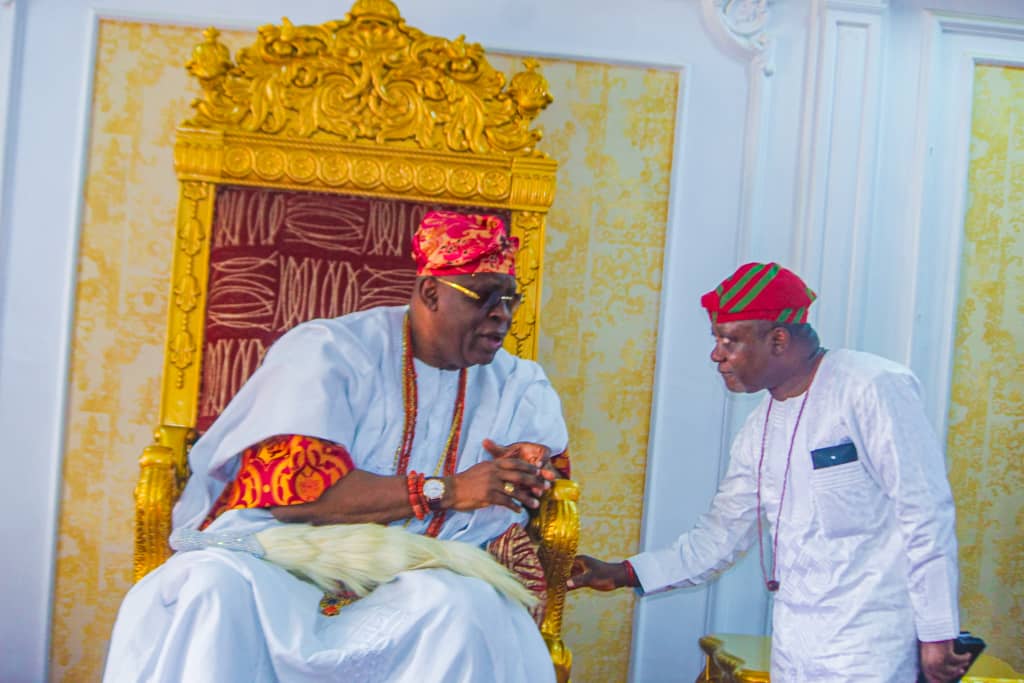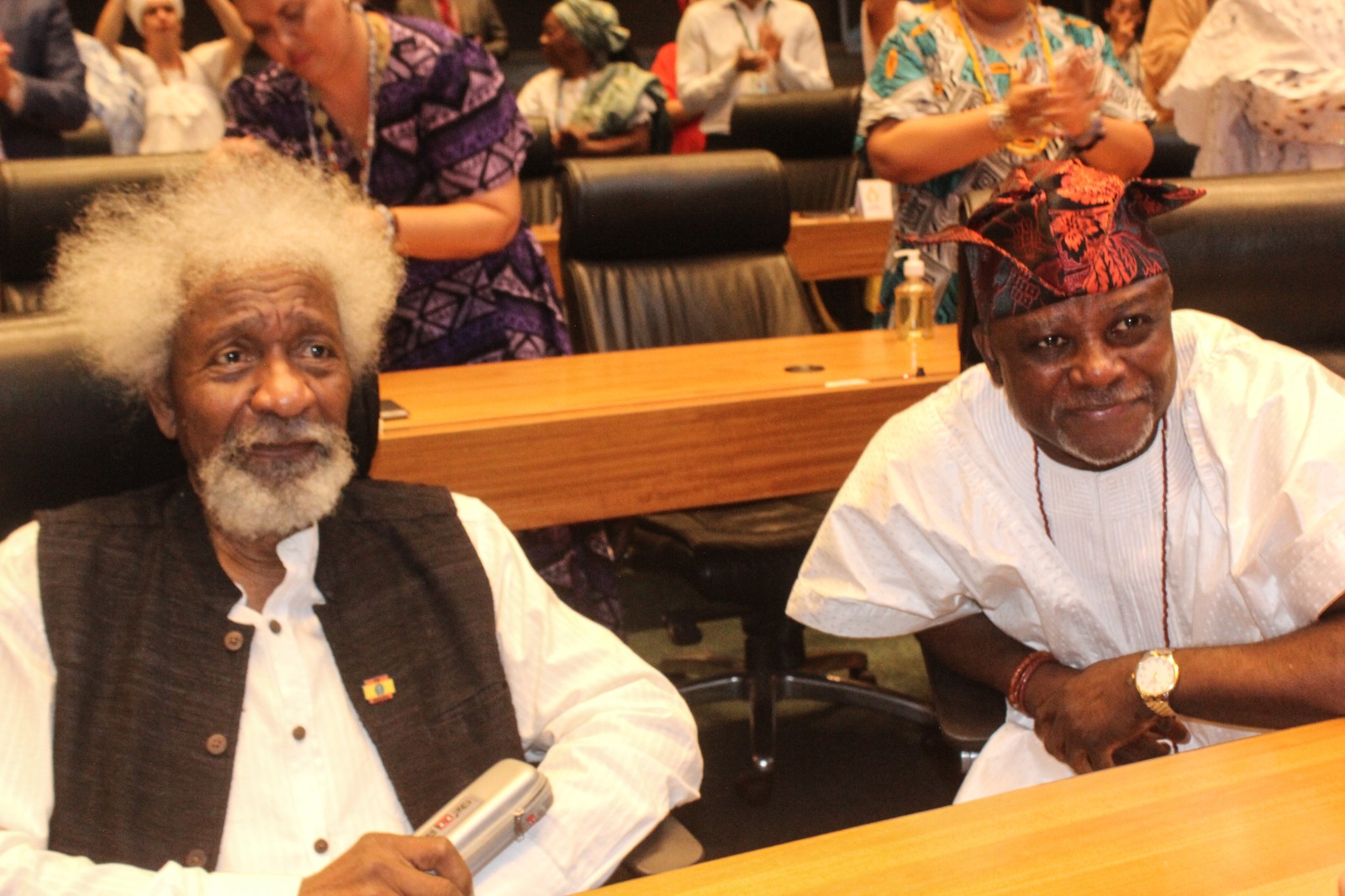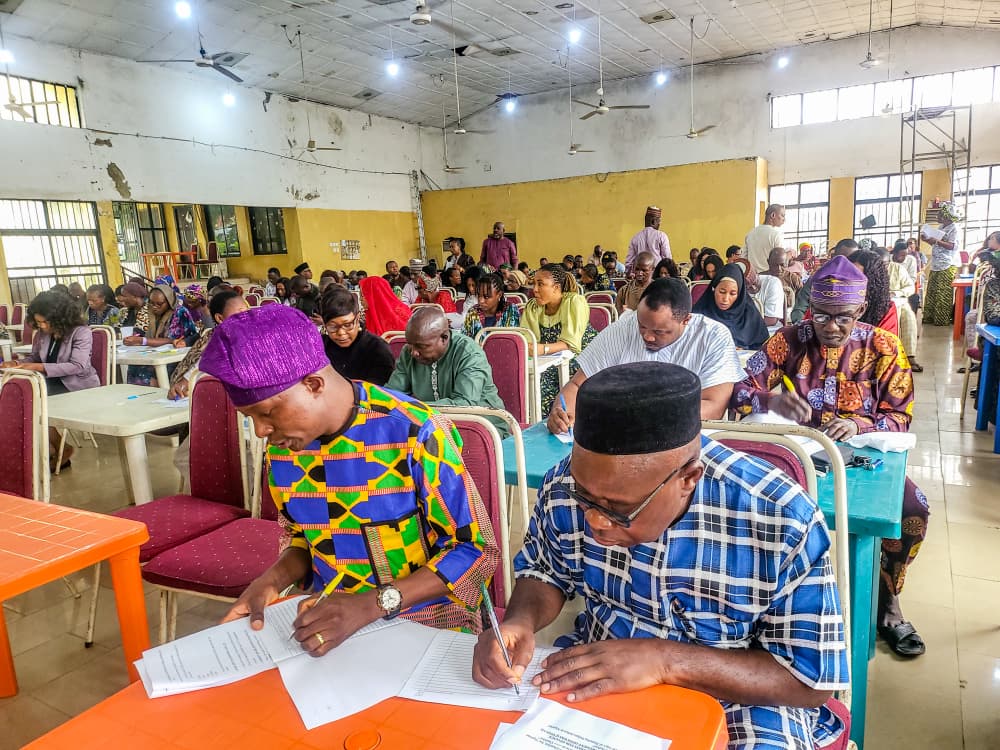The National Institute for Cultural Orientation (NICO) has reiterated its seriousness to take the Nigerian Indigenous Language Programmes (NILP)  and Nigerian Dress Culture to greater heights, saying these are treasures of identity.
and Nigerian Dress Culture to greater heights, saying these are treasures of identity.
The Executive Secretary, Dr. Barclays Foubiri Ayakoroma, who stated this at the 2011 International Day of the African Child Celebration in Abuja, organized by the Centre for Black and African Arts and Civilization (CBAAC), at the FCT Council for Arts and Culture, Area 10, Abuja, on Wednesday, June 15th, 2011, said Nigerian unique cultural values and norms are embedded in the indigenous languages and dresses.
The ES, who was represented by Mrs. Franca Okoro, Head of Orientation Unit, Department of Orientation and Cultural Affairs, said that the programme is timely because it came at a time when emphasis is being placed on cultural re-orientation and resuscitation of indigenous languages and dress culture.
He added that such reorientation was necessary was because: “Our indigenous languages are treasures of our culture and self identity. They are the most important features of any culture. They define our identity showing our locality and ethnicity. They differentiate us with a particular people out of the diverse ethnic nationalities in the country. NICO understands these. That is why NILP and Nigeria Dress Culture remain very important to us. We are making efforts to harness Nigerian culture through them and our numerous culture-driven programmes.’’
The ES also stated that NICO will not relent in its efforts in these programmes, even with the rate of infiltration of the western culture into Nigerian indigenous cultures, language, dresses, etc. Such encroachment of Western culture into that of Nigeria has caused: “Moral and social vices like indecent dressing among various age groups in the country, all in the name of what is in vogue, called fashion and modernity, influencing especially the youth negatively towards perceiving our indigenous dresses and also languages as shameful and archaic. These affect the developmental process of any nation. It is against this background of unwholesome borrowed cultures permeating our society that NICO is advocating the sensitization on indigenous dresses and languages as key points at homes and in schools. We will continue to do programmes aimed at tackling these negative trends.’’
Earlier in his remarks, the Director-General of CBAAC, Professor Tunde Babawale, stated that the event is aimed at drawing attention to the several challenges Nigerian children are facing, especially the rapid disconnection from their cultural roots: “One of the ways to achieve this is through the introduction of cultural studies in the curriculum of school at all levels of education.’’
Jonathan Nicodemus
Corporate Affairs


